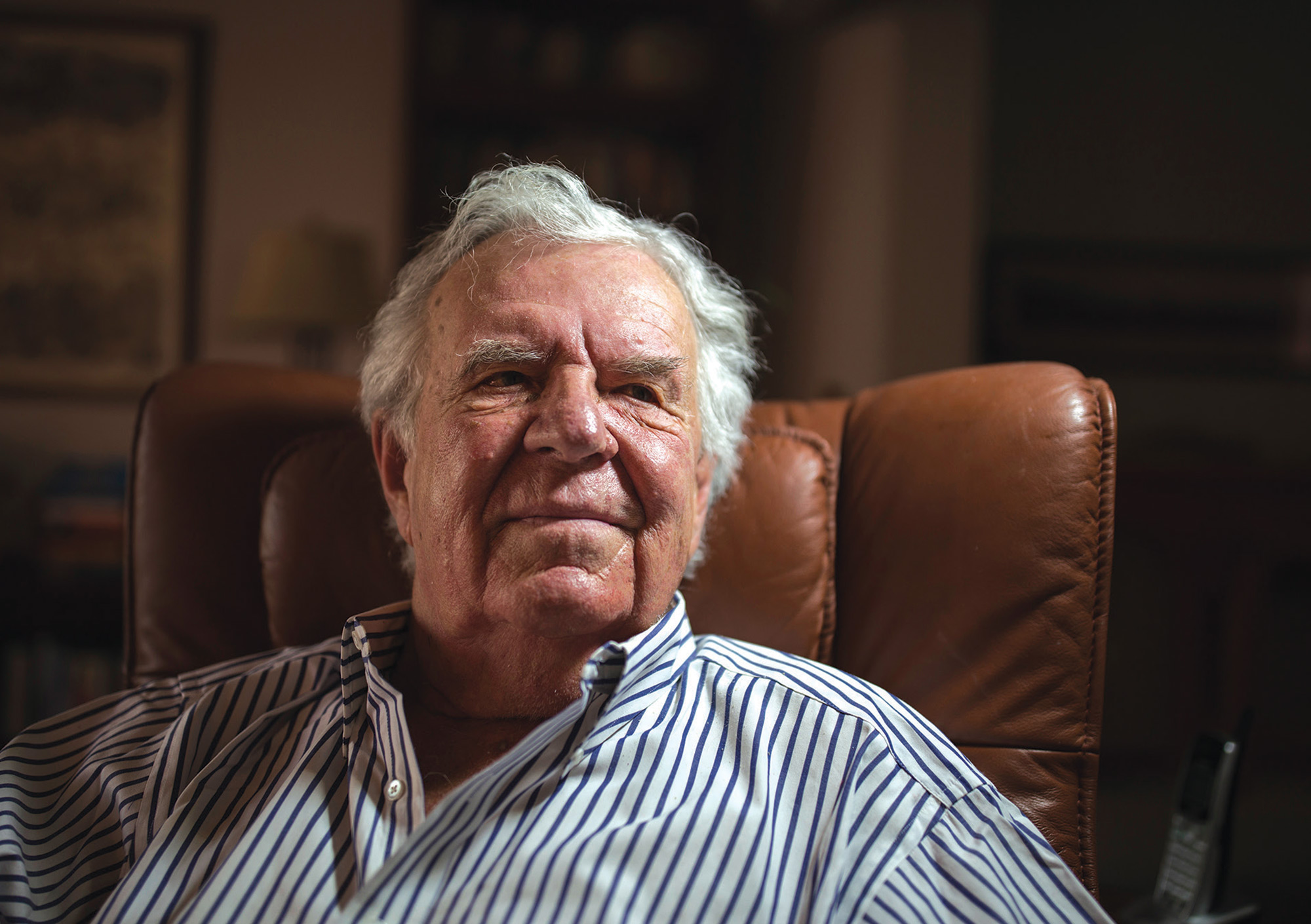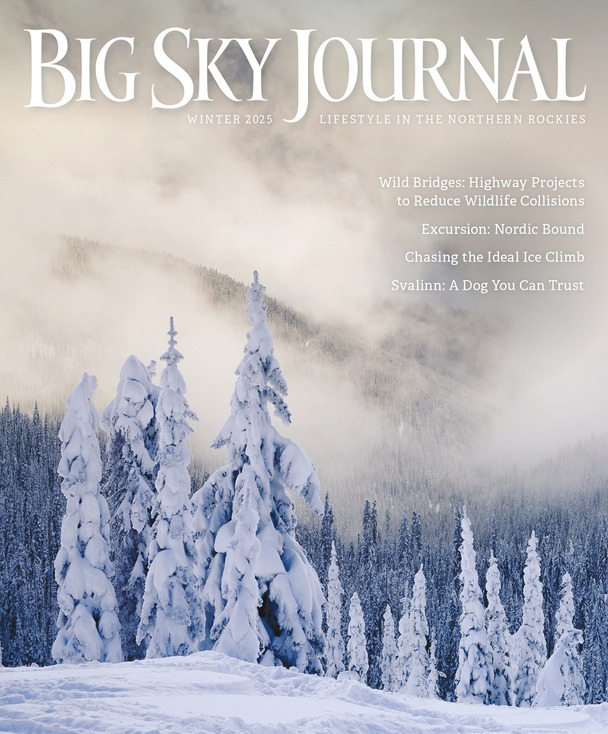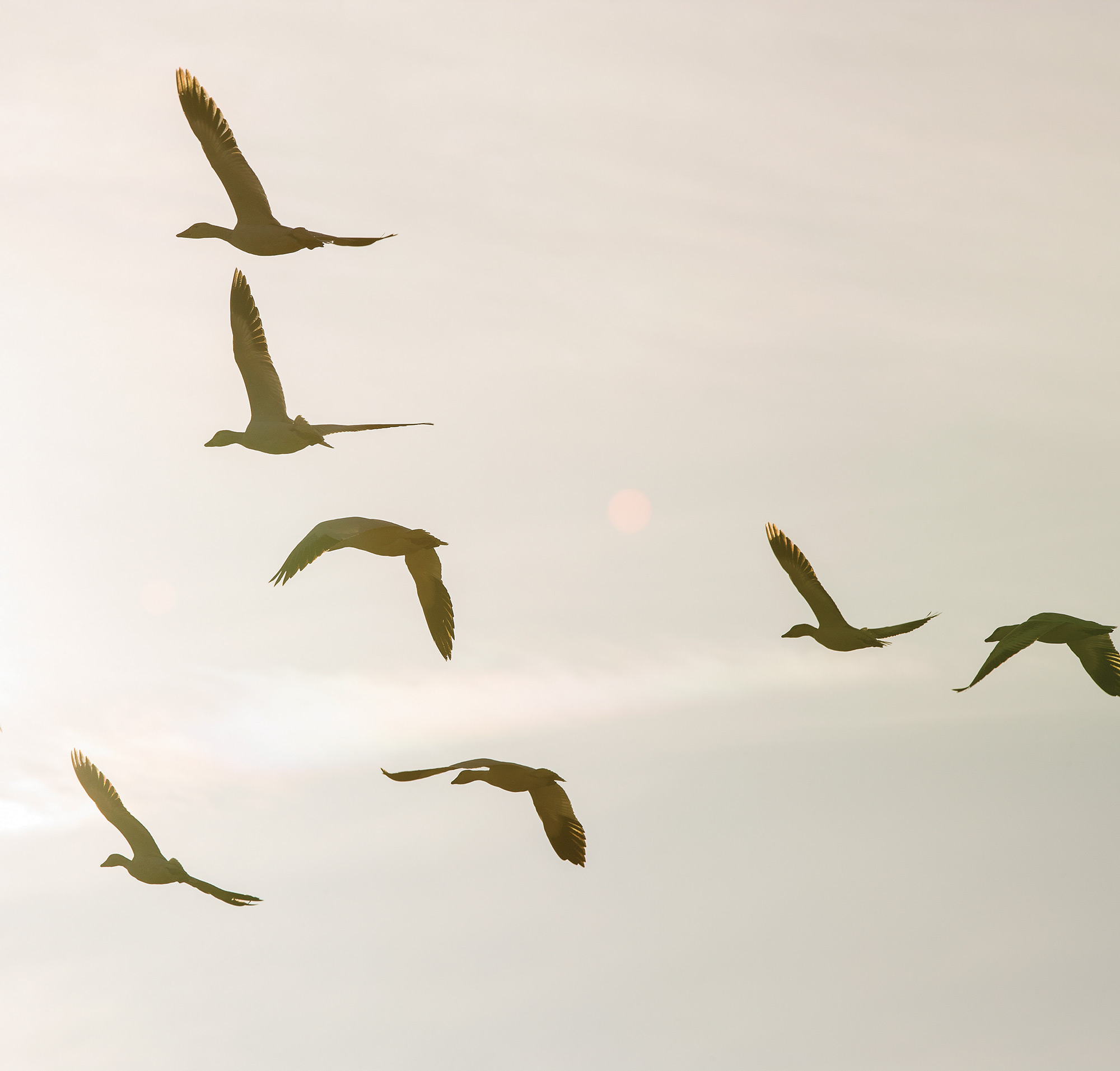
09 Jun William Kittredge: Western Storyteller
IN THE EARLY PAGES OF HIS MEMOIR, Hole in the Sky, William Kittredge writes about his grandfather: “He built a white house with a formal parlor and a polished staircase. Then the well went dry, so he jacked up the house, set it on rollers made of yellow pine logs, hitched a four-horse team to it, and took it up the country road a half-dozen miles … The move took a couple of years. Nobody worked at it except in slack seasons; they lived in that house on the road, cooked in it, and slept in it, all the while.”
I first read Hole in the Sky almost 25 years ago now, and I still go back to it, dipping into favorite passages. (That image of a house inching down the road — it’s the perfect metaphor for … some damn thing.) Kittredge had a front-row seat to a seminal, transitional moment in the West, and the literary chops to paint a vivid picture for the rest of us, place it in its appropriate context. Among his many other accomplishments (a novel, the editing — with Annick Smith — of The Last Best Place, a few dozen masterful essays and short stories), Hole in the Sky still looms largest for me.
Kittredge grew up in Eastern Oregon, part of the family who owned the famous MC Ranch. The MC was an empire unto itself, and Kittredge’s father, Oscar, was in charge of moving the water. His irrigation methods were sophisticated enough that they were later taught in Ag classes Kittredge took at Oregon State University. After his father left the ranch, and long story short (military service, a falling out between father and grandfather), Kittredge found himself back home, moving that same water. Then came a life-changing breakdown: creative writing school and a move to Iowa City, Iowa. Finally, Missoula, Montana, where he set about the business of teaching an entire generation of writers.
Bill Kittredge, one of the foremost storytellers in the American West, is a product of a terse and tight-lipped tradition, a world wherein men are expected to stand alone, uncomplaining, even while braced up by family and neighbors. It’s a compelling contradiction. You could think about it for a lifetime. And if you had to put Kittredge’s work into some kind of awkward nutshell, maybe it’s been about pushing out against the limits of this upbringing. Teaching himself how to tell stories about people who discouraged narrative at every turn. His work feels urgent, no less today than when he started. “Without stories,” he’s written, “in some very real sense, we do not know who we are, or who we might become.”
Kittredge is 83 now, and hobbled up with a bad hip, shuffling over a cane. It hurts him to sit in one position for too long. But he tries to spend a few hours each morning putting the finishing touches on a follow-up to Hole in the Sky, a book that will use Oregon as a springboard into a discussion of his third act: the teaching, the travels, his literary friendships. For the first time, his life partner, Annick Smith, is working on the text with him, editing as he goes. They’ve never collaborated like this before, and he seems surprised, this late in their relationship, to discover something new about them. “She’s a great editor,” he said recently. “Just really damn good.”
As the first installment of what Big Sky Journal intends to become an ongoing series — “In Progress” — we offer this excerpt from Kittredge’s memoir, Another Summer to Run. Our intention is to highlight the exceptional work that’s being done in the region, even as we speak, by some of the best writers we have. Kittredge’s excerpt is an important piece, in part because it describes his first exposure, as a child, to narrative. Here is the seed, maybe; the start of what would become his life’s work. Call it the first board in an extravagant home, trundling slowly down the road.
From Another Summer to Run
Flyway
Written by William Kittredge
“The past beats inside me like a second heart.”— John Banville, The Sea
Driving alongside the Blackfoot River inside a rush of happiness (I’m going to see Annick Smith, my true love), I find that I’m beguiled by fresh snow in the mountains, Coltrane on the CD deck, and larches turning golden, ready to drop their needles while I’m rethinking a particular story.
In that story, one summer day at first light, patrolling the grasslands in the Deer Lodge Valley during gold rush in the 1860s, Montana vigilantes found a roadway bandit and murderer asleep in an abandoned cabin. “Boys, you got me,” that man said. “I was hoping I’d have another summer to run.” In keeping with vigilante tradition, he was hanged from a cottonwood and his dangling remains were left to a gang of magpies. It’s about the inevitable rush of dizziness that precedes oblivion. “What do you deserve?” Each is part of each.
It was the fall of 1936. I had turned four years old. My father took his family to the new house he’d built for us on a once-upon-a-time homestead site with old Lombardy poplars boxed around the yard and an apple orchard out in back. From our screened-in veranda we had long views of Warner, the fault-block valley that was to be my homeland, and the stair-step cliffs of Hart Mountain rising 3,600 feet off to the north.
The Warner Mountains, bordering the Great Basin, run on the west side of that landlocked and swampy valley. In late February, winter snows begin to melt and floodwaters cascade into a shallow south-to-north string of lakes. During wet years, those waters reach the dry alkaline shores of Blue Joint Lake, in the far off and uninhabited north end of Warner, so distant from my father’s intentions it was like a myth. Nobody ever went there.
Oscar loaded beds and my toys and my mother’s grand piano onto a ranch truck driven by a knobby little man named Jack Ray. How did Josephine come to own a grand piano? No idea. On the road to our ranch, we found that Jack Ray, as was his habit, had been drinking, and had run his truck off the highway where it was upturned out in the greasewood. My mother’s grand piano was shattered in an extreme and irreparable way. Was Jack Ray injured or was he, as was often said of Jack, too drunk to hurt? Why had my father hired him? Did my mother fly into hysterics? Depended on who told the story. Anyway, the grand piano was soon replaced.
Our new home, when we got to it, reeked of fresh paint and sawdust. The fireplace had been built of river stones larger than anyone’s head. Standing on the screened-in veranda that held off the swarming mosquitoes, we gazed over the weaving willow-lined sloughs in Thompson Field, and beyond to swamps on the far side of Warner, where my father was pushing forward with extensive agricultural reclamations.
Evenings, come May, Oscar would crank up our battery-driven Delco power plant so we could turn on the lights. My mother would sit on the veranda with The Saturday Evening Post and Colliers while he went back to his fields and sighted down undulating drill rows, seedlings that glowed in the last sunlight as they grew. Back on the porch, I was enjoying the swirling surrealism of Little Black Sambo.
Black Sambo’s father was Black Jumbo and his mother was Black Mumbo. Their little boy was dressed up with bright shoes when he encountered tigers. In order to save himself, Little Black Sambo gave the bright shoes to the tigers and they, for reasons I no longer remember, chased one another around a tree until they melted down into a pool of butter. Black Mumbo used the pool of butter while making pancakes.
That, so far as I can recall, was my initial encounter with literary storytelling, an ongoing exploration that has lit up my life over the years since. These days, with long-time friends, while sipping at pints, we retell stories we’ve told before, aware that ancient events are being reshaped into fictions. Makes for a better story.
Little Black Sambo, even when I was reading it, had been criticized for racism. But I don’t think my mother was a racist. She may not have been aware of the possibility. In any event she bought a copy of Little Black Sambo for her child.
Black Jumbo and Black Mumbo and Little Black Sambo and those tigers — they went round and round like my family. My mother and father often raged at one another. Would they melt?
Darkness fell over the veranda while I calmed myself by telling the story to my mother. She and I were laughing. I called her “Black Mumbo.” My father didn’t answer when I called him “Black Jumbo.”
Oscar believed in diesel-powered equipment and 24-inch electric pumps and redwood head gates. But on Sunday mornings he’d sleep in and fry mush for us to spread with butter and Vermont maple syrup. His example guides me as I wander through my life-long processes, accepting the inevitability of turning into butter.
On early mornings in Warner Valley, I would go out to the lawn, barefoot in blue pajamas, and stand transfixed beneath the Lombardy poplars, gazing at the hundreds of undulating v-shaped flights of water birds, one above another in the spring sky, green-head mallards and blue and green-winged teal, redheads and canvasbacks and Canada geese and phalarope and avocet and gulls from the Pacific, thousands of birds soaring, darting, lifting, and clamoring, wings sighing while they began a flight toward nesting grounds north of the boreal forests in Canada, in Arctic tundra and river-mouth estuaries. Who and what was I becoming? I was discovering a preoccupation with storytelling and the purities of flight. Each has helped transport me through this lifetime.
My first encounter with wilderness — the roaring and incessant Pacific, a rock-bound coast fronting on rain forests and peaks in the Olympic National Park — came during those early 1970s, when Dick Hugo led a half dozen University of Montana escapees on spring break drives to Seattle and on west to the headlands outside La Push on the Quileute tribal reservation. Dick claimed the air at sea level was richer with oxygen than in the highlands. Lulled by the waves breaking a 100 yards away, he’d vanish into a second floor motel room with a couple of six-packs and sleep while the rest of us examined paradise.
On my knees, I studied the intricacies of tide pools while wind from the southwest brought the stink of the sea. I looked up to steely orange slants of rain beyond offshore sea stacks crowned with fringes of evergreen. Thriving life, that heart-stopping intricacy, convinced me that these moments were not all the way pointless. The significance of all this was intensified during solitary walks amid enormous trees and thickets of vines hung with tangled mosses along the Hoh River. Mud oozed around my ankles and the plunging ospreys feeding with their clarity of intention, all the ooziness and stink and the predatory swiftness — weedy with life — implied that I was in connection with interwoven fecundities.
In the Seattle Aquarium, years later, Annick and I gazed up through the plastic floor of a Plexiglass fish ladder that was flowing with saltwater. Silver salmon were plunging upward, suspended above us, up amid clouds and evening stars, laboring toward the artificial construct of a spawning pool at the head of that Plexiglass ladder, where they’d been hatched and were returning to spawn. They personified more of perfection than we deserved as extinctions proceeded. We went on to the Public Market in Seattle with its mounds of crustaceans and slabs of salmon and flowers that blossomed that very morning. Like the salmon, we’re driven to surge back toward nature. We want to ignore the possibility that our electronic devices and contrivances might transport us to craziness. Watch out, some angel whispers, nothing is bulletproof.
- Photo by Noah Clayton





No Comments